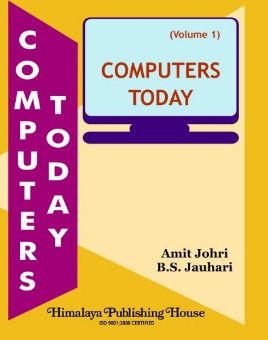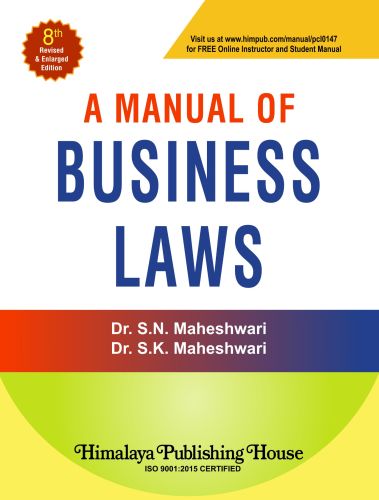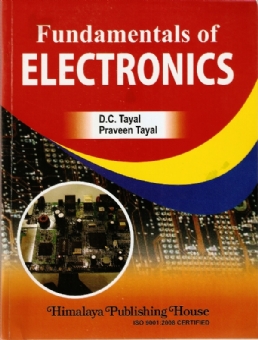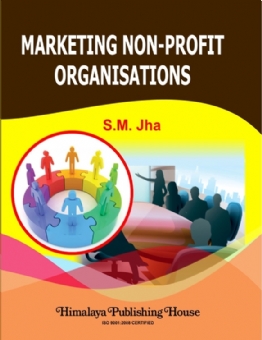Computers have become ubiquitous and their presence can be felt everywhere, in all walks of human life. Everyone of us comes across computer-generated outputs in some form or the other, day in and day out. Computer usage will explode in the years ahead.
There has been a vast development in the field of computer technology and its usage in divers applications. The decade that has just passed by can aptly be called the decade of computers. Because, of all the technological achievements and innovations that were made during the last ten years, computers had the maximum impact upon human life. And the coming years will see computers rising to new heights of power and glory.
The prediction of a workstation in everybody’s future can be anticipated now. We will receive information from some source, do something with that information and then forward it to some other person or to another workstation. In short, we will spend the rest of our lives in a society in which MOST people will be engaged in manipulating and transmitting information.
The computer is the engine driving our information society and thus it becomes important for anyone (meaning any of today:s students) to get computer-LITERATE. Computer literacy is “knowing” computers. It’s knowing what they are, what they can and cannot do, how they are put to work, and how their use can affect society. It’s vital, of course, to continue to educate the many thousands of people who will become computer specialists. And this book certainly contains the information required to introduce these future specialists to the subject of computers and data processing. But computer literacy is now needed by all students so that they will not be intimidated by their daily life, but will instead feel a sense of belonging in a computer-rich society.
Computers Today is written primarily as a source of knowledge for the student community, professionals, industry/government executives and staff members, businessmen, other computer users and enthusiasts, who would find it extremely handy and useful. Drawing on our vast experience in the field, we have designed Computers Today for use by colleges, schools, computer training institutions, industry/government training programs, banking programs. No data processing or mathematical background is required or assumed.
Computers Today is an ambitious title for a book because it suggests a breadth of contemporary computer/data processing information not found in other texts. The purpose of Computers Today, however, is to acquaint readers with all the four of the following related areas of knowledge required for computer literacy: 1. What computers are? 2. What computers do? 3. How computers are put to work
The book contains three volumes. It discusses systematically all the theoretical concepts and provides a conceptual understanding to the reader, supported by practical examples. The language used is lucid, easy to understand and comprehend, thus benefiting the average Indian computer users and the students at large. The book in a nutshell is the result of several years of teaching and consultancy experience brought especially for you. The book would prove to be a sure companion for you while learning or working on computers.
Contents –
1. Plan of Study for Studying dBase III plus
2. Some Introductory Computer Concepts and Definitions
3. Database & dBase Why, What & How
4. dBase Grammar
5. dBase Calculator Mode, Memory Variable & Function
6. dBase Command (I)
7. dBase Command (II)
8. dBase Command (III)
9. dBase Command (IV)
10. Multiple File Handling
11. dBase Report Generator
12. dBase Lable Generator
13. dBase Programming (I)
14. dBase Programming (II)
15. dBase Programming (III)
16. dBase Programming (IV)
17. dBase Programming (V)
18. dBase Programming (VI)
19. dBase Programming (VII)
20. Custom Designed data Entry Screens
21. dBase Assistant
22. dBase Screen Painter
23. Filter & Query Files
24. View Files & Catalogs
25. Set Commands
26. Configuring Dos and dBase
27. Exporting & Importing Data
28. Fox Base
29. dBase Program (1)
30. dBase Program (2)
31. dBase Program (3)
32. dBase Program (4)
33. dBase Program (5)
34. dBase Program (6)
35. dBase Program (7)
36. dBase Program (8)
37. dBase Program (9)
38. dBase Program (10)







